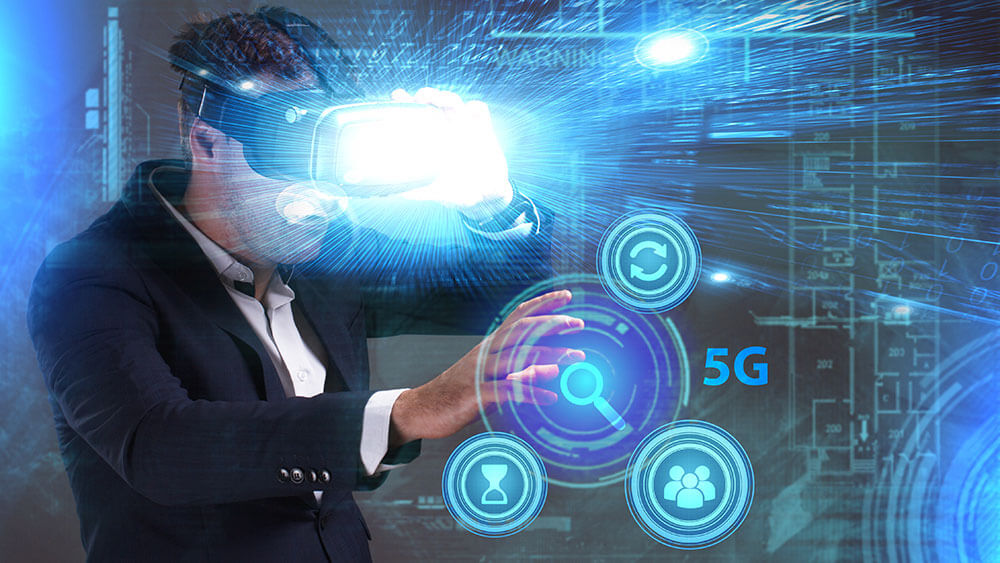
The advent of 5G means better streaming of AR and VR technologies, among other benefits for business events.
By Lane Nieset
While the world last year got a taste of 5G when it debuted during the Winter Olympics in South Korea, Telenor Research forecasts that 2019 will be the year when the technology sees real progress in the marketplace.
“Though 2020 is the year that 5G’s global standard will release, 2019 will see commercial advances in 5G, which we see in the United States and areas of Asia already,” Telenor reported late last year. “From the first self-driving, 5G-steered buses to automated fisheries, from 5G-driven TV and fixed broadband to potential applications of 5G-powered remote surgery — the 5G floodgates will open in 2019.”
This fifth generation of wireless network technology is expected to bring faster and more reliable connections. And it’s predicted to provide the bandwidth that’s required for the “internet of things.”
How will it affect events?
“We see 5G as the potential to establish a seamless platform that enables things like hologram-based keynotes that generate increased audience engagement; real time analytics that allow us to instantly understand and adjust trade fair promotions that attract more attendees; and streaming AR to mobile devices as a way to make presentation graphics more meaningful,” said Juliano Lissoni, managing director, MCI Canada Ltd.
Also expected to have an impact is video technology that, thanks to 5G, would make events even more interactive, transporting spectators, or attendees, with the help of virtual reality.
According to a Nokia blog post: “Only 5G has the ability to replicate reality across time and across locations at scale. The new video technologies required to create a truly immersive experience for spectators [or attendees], combined with the high density of users, demands extreme throughput and low latency, which cannot realistically be met by Wi-Fi or LTE.”
At this month’s PCMA Convening Leaders 2019 in Pittsburgh, the GCB German Convention Bureau released the results of the second phase of its “Future Meeting Space” research. Funded by the PCMA Foundation, the study found that people attending events are typically tech-savvy and that one of the six success factors for an event is digitalization — pointing to additional ways 5G will come into play in the industry.
“The use of innovative tech at events is a vital success factor, contributing to knowledge transfer and ultimately enhancing attendee satisfaction,” said Matthias Schultze, GCB managing director.
As 5G begins its marketplace roll out, events strategists are being urged to start planning now — instead of waiting for 2020 — for the ways they can capitalize on the new technology.
